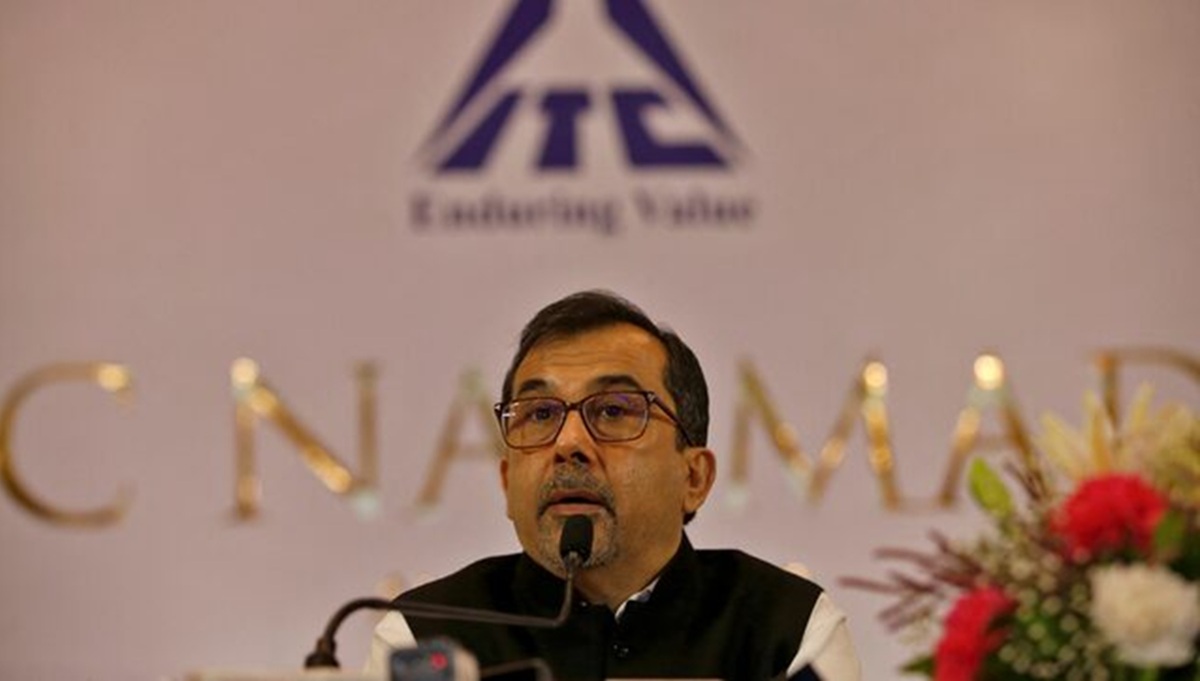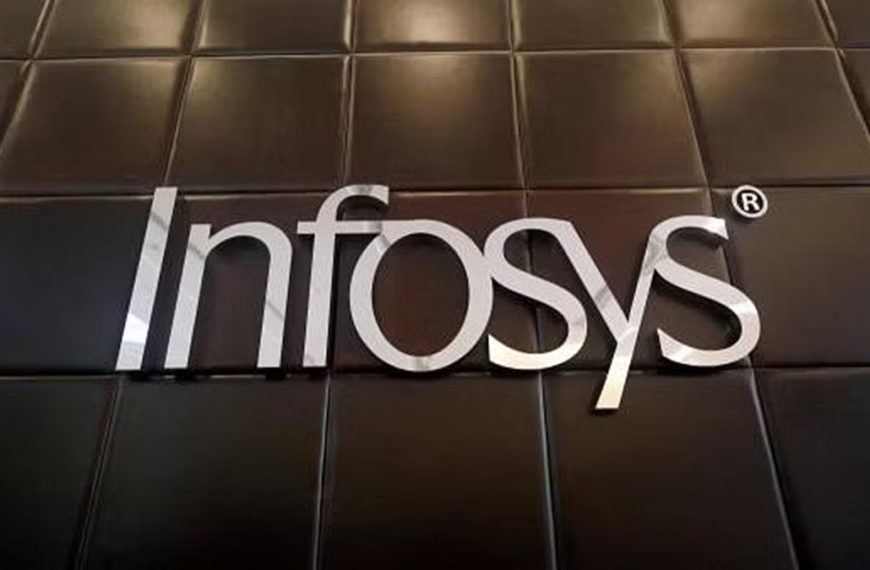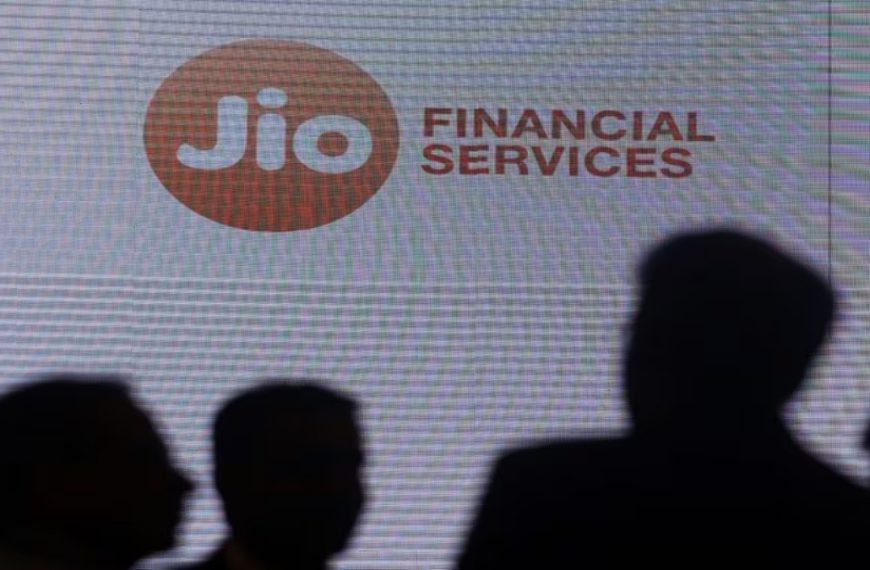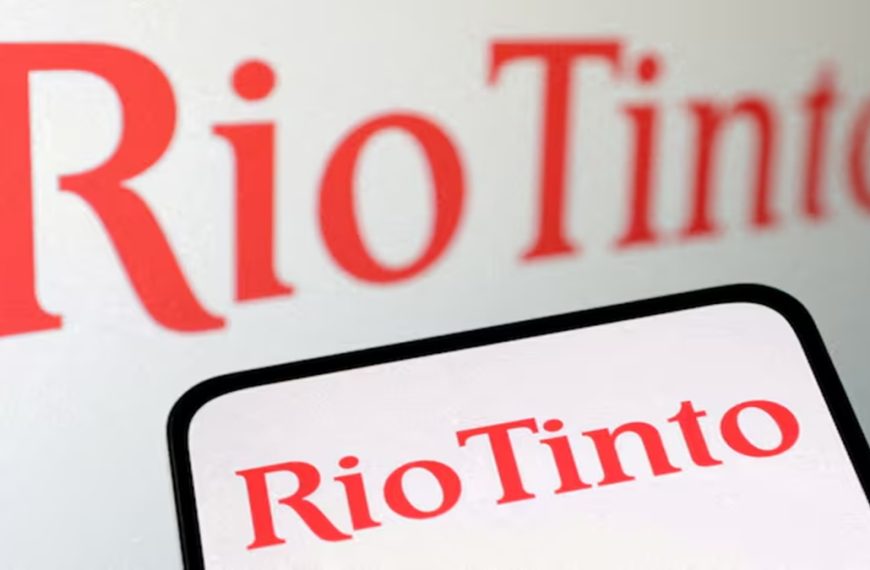India is gearing up to navigate the complexities arising from the recent tariffs imposed by former President Donald Trump. With discussions about a potential Free Trade Agreement (FTA) with the United States progressing rapidly, experts believe that the nation is in a favorable position to mitigate disruptions. The reciprocal tariffs, which impact various countries, have led to an additional 10% duty on Indian exports to the U.S., set to take effect on July 9.
The Evolving Trade Landscape
Sanjiv Puri, the Chairman of ITC, expressed optimism about India’s ability to weather the storm of these tariffs. While he acknowledged the uncertainties facing the domestic industry, he emphasized that India is better positioned for the future. “It’s challenging to predict the evolution of these tariffs, but I believe India will emerge stronger,” he stated. Puri highlighted the potential for multiple FTAs, particularly with the European Union, United Kingdom, and the U.S., which could significantly enhance India’s trade landscape.
- Key Points:
- Ongoing negotiations for a Bilateral Trade Agreement (BTA) with the U.S. began in March.
- The target is to finalize the first phase by September-October 2023.
- The goal is to increase bilateral trade to USD 500 billion by 2030.
Short-Term Challenges and Long-Term Opportunities
Despite the anticipated challenges due to a consumption-driven economy, Puri remains confident in India’s competitive strengths, which include digitization and a forward-thinking portfolio. “While short-term unpredictability may affect global growth, India is poised to adapt,” he remarked during a session titled "Resilience and Growth in the New World Disorder" at the AIMA Summit.
ITC’s Strategic Response
ITC, known for its domestic focus, may feel some strain from U.S. tariffs but is committed to agility and proactive responses. Puri outlined the company’s strategy:
- Diversification of portfolio
- Investment in sustainable packaging
- Emphasis on digitalization and innovation
The company is also dedicated to enhancing supply-side resilience and climate-proofing its infrastructure, ensuring that it can adapt to changes in the market landscape.
Commitment to Sustainability and Human Capital
Puri also stressed the importance of sustainable practices within ITC’s corporate strategy. The company is actively involved in initiatives like Climate Smart Agriculture and the development of integrated rural hubs. Their approach aims to harmonize economic, social, and environmental objectives, thereby fostering long-term growth.
In addition, the rise of quick commerce is reshaping the FMCG sector, compelling traditional players to acquire new skills and adapt their operational methods. As the market evolves, ITC continues to prioritize innovation and sustainability, positioning itself to thrive in an ever-changing environment.
Through these strategic initiatives and a focus on collaboration, India stands ready to embrace the challenges and opportunities presented by the evolving global trade scenario.











